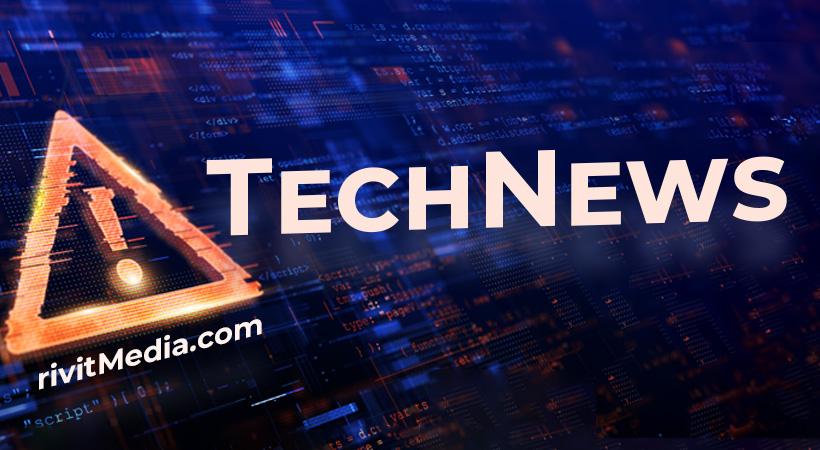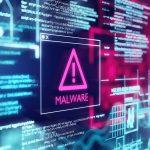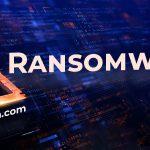The enduring COVID-19 lockdown, the rise in telecommuting and new scams continue to provide a wide net for hackers looking to profit from stolen data!
As the after effects of the Coronavirus pandemic continues to affect the world, there has been an increase in cyber-attacks. Internet usage has drastically shot up with most office-goers working from home and students taking online classes. And as this is all going on, hackers are busy writing malicious code, launching phishing attacks and unleashing malware targeted at unsuspecting victims.
In India, the Central Bureau of Investigation issued a warning in May of 2020 related to a banking Trojan known as Cerberus. The CBI warned this malicious software impersonates a link from a legitimate source and tricks users into installing it on their smartphones.
Cerberus primarily focuses on stealing financial data like credit card numbers and bank details. Additionally, it can trick victims into providing personal information and can capture two-factor authentication details.
In America, COVID-19 related complaints to the Federal Trade Commission have doubled in Alabama.
According to the US Attorney for the Northern District of Alabama, Jay Town, “Justice Department wide, we are getting thousands of calls each week of price gouging, frauds, a variety of different frauds as they related to PPEs, test kits, things like that. It hasn’t stopped.”
Some of the more prevalent scams include:
Hoarding and Price Gouging Scams
The Department of Health and Human Services (HHS) has chosen certain health and medical resources necessary to respond to the COVID-19 pandemic as “scarce,” including ventilators, respirator masks, and other medical protective equipment. These designated materials are subject to the hoarding prevention measures that provoke both criminal and civil remedies.
Supply Scams
Scammers are creating fake shops, websites, email addresses, and social media accounts claiming to sell medical supplies currently in high demand, such as surgical masks. Much like hackers, when consumers attempt to purchase supplies through these channels, fraudsters pocket the money and never provide the promised supplies.
Phishing Scams
Scammers posing as national and global health authorities, including the World Health Organization (WHO) and the Centers for Disease Control and Prevention (CDC), are engaging in spear phishing campaigns designed to trick recipients into downloading malware or providing personal identifying and financial information.
So how do you protect yourself and your family as you spend more time at home online?
Covering the Basics of Online Security
There are a few easy and very important things you should do to protect yourself and your family online. Firstly, make sure you’re using strong passwords and picking different passwords for every account. Using two-factor authentication everywhere it’s offered is also key, especially if you’re one of the millions of people who are working from home a lot more as the Coronavirus pandemic rages on.
Rizwan Virani, president of Alliant Cybersecurity, told the website Recode, “with employees setting up several new accounts for various remote work services like file-sharing and virtual meetings, it’s especially important that they’re using strong, unique passwords. And that extends to your home equipment: If you’re using the default password that came with your router, change it. Hackers love default passwords.”
“Make sure you’re keeping current on software updates, too. These often come with security patches for newly discovered vulnerabilities. You can also set up your computer to update automatically so you get them as soon as possible.”
Another issue to be wary of is freeware. Virani also says that one of the riskiest things he sees in the small- to mid-market companies his company advises, is their use of free services to handle sensitive information like file-sharing or teleconferences.
“The company that’s giving you something for free, they’re getting something out of it as well,” Virani said. “Really vet the partners you do business with and the tools that you use in your business. I think a lot of this free software out there, they put a lot of the company information at risk because you don’t know what they do with that information.”
Another thing that we can all benefit from regarding security is to keep your online work and personal life as separate as possible. Try not to use your work computer for personal communications. Although that is becoming a lot harder to do with an increasing number of people working via remote access software from their home computer, a good rule of thumb is to interact with known programs and websites and discerning when deciding what attachments to open when checking emails.





